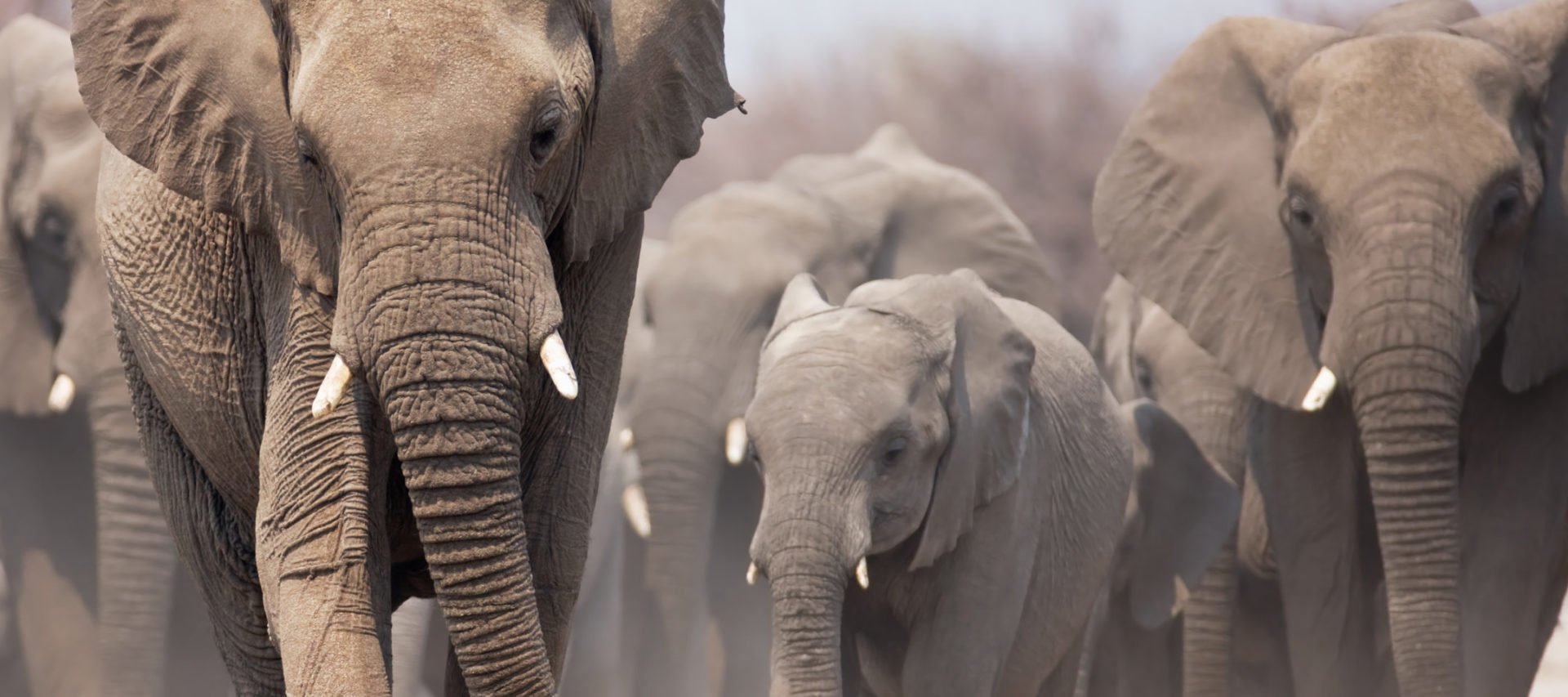

How humanity should treat the rest of the animal kingdom and how we should think about the moral significance of animals are questions that deserve serious consideration. Are animals mere material resources for us to create, use, and destroy at will? What sort of respect and protection do we owe them? In the Western world, our religious heritage teaches that mankind is set apart from the animals; as stewards, we are elevated above them but also have obligations to them. Modern science from the start has been disposed to understand humanity to have a role of mastery over non-human nature, although more recent developments in ecology and other fields encourage us to value the diversity of life on earth. Modern industrial farming practices take the idea of mastery over animals to a logical and sometimes disturbing extreme, while some contemporary activists go so far as to deny any morally relevant distinction between people and animals, claiming for animals the same rights as human beings.
These matters are often entangled with other complicated moral and political issues, which can obscure the essential question: how should we regard the animals? In this symposium, we look at three animals that are not farmed for food in the United States — one animal close to us, one near, one far — and at how their “souls,” as Shakespeare wrote, “infuse themselves into the trunks of men.” Caitrin Keiper plumbs the depths of elephant emotion and intelligence, Noemie Emery considers the pleasures and problems of horseracing, and Diana Schaub examines dogs’ unique relationship to their masters.